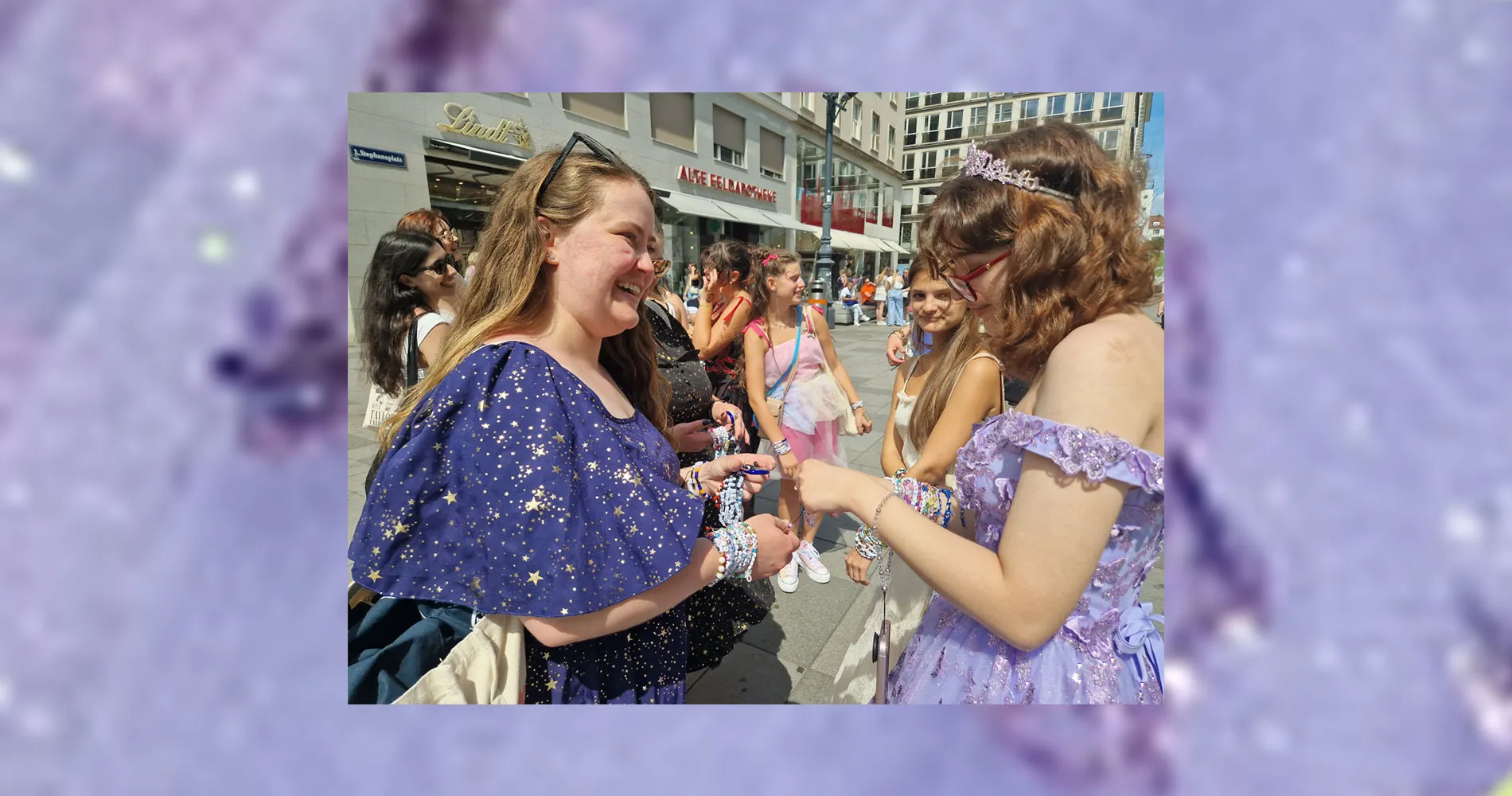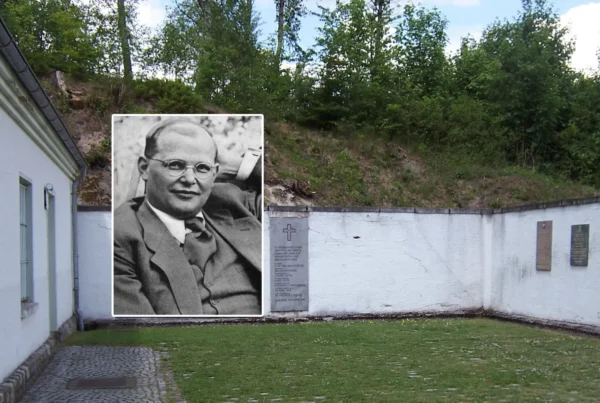Swifties descended on Austria’s capital city for Taylor Swift’s Vienna concert series from 8 to 10 August 2024. After the horrible terror attack in Moscow by Islamic terrorists, the Islamic State has put a bullseye on Taylor Swift concerts. The cancellations left hundreds of thousands of fans stranded and thousands of local businesses to deal with the economic fallout.
Alexandra Dubsky
13 August 2024
Arabic version |Spanish version
Austria’s capital city, usually famous for its classical music, has been the center of global attention when Taylor Swift cancelled her concerts because of an alleged terror plot by the Islamic State. A 19-year-old second generation immigrant of North Macedonian descent was arrested. Together with his four co-conspirators, he is alleged to have plotted a terror attack.
“The spirit here is just amazing, there is so much love in the city,” said Anna, a young Swift fan from Denmark, to iGlobenews. “We don’t think about the money at this point. We are happy to be safe, and we stand together strong and make the most of our stay here,” she said while presenting the numerous bracelets she had received from other fans that she had met in the city.
“I am happy that my daughters are having fun with the other Swifties and learn a valuable lesson about how to deal with disappointment,” said a father of three girls who had travelled with his family from Washington DC to visit the concert. “We fully support the decision of the management, safety first,” he added.
If you live outside the Taylor Swift bubble, it is hard to comprehend how one singer/song writer could unleashed an almost unprecedented worldwide craze. Her global fan base, estimated to over 100 million, is extremely loyal and protective of their idol. Those who ciritize Swift have even received death threats. Taylor Swift has become the new religion. Many might rightly ask why not a top scientist, astonaut, philosopher or athlete is showered with so much love and adulation?
According to the New Yorker, Swift’s fans are mostly female, millennial, and white, although „there’s plenty of diversity within.” A group of Swifties known as the Gaylors are convinced that Swift‘s lyrics are secretly lesbian. Yet this theory is considered a conspiracy theory by many. The urbandisctionary.com defines a gaylor as „a taylor swift fan who believes taylor swift is gay“: hence gay – lore.
Swift‘s success is so great, that political pundits believe her to be a political force to be reckonned with in the upcoming 2024 US presidential elections. The question being debated is when and if she will officially endorse Kamala?
Yet her critics on the left and right have noted that Swift, who could do so much through her influence and social media following, choses to remain silent on many important issues. According to an X post by left-wing activist Saira Rao, Swift is a “white American woman billionaire who could end the genocide of Palestinians with one … post” but that she doesn’t because of “white love of Black and brown genocide.”
What is undeniable is that Swift “is essentially a multinational conglomerate with the world’s most devoted customer base, its most charismatic CEO and significant economic power.” (Bloomberg). She is a savy business woman and knows when to remain silent and when to stoke her fan base.
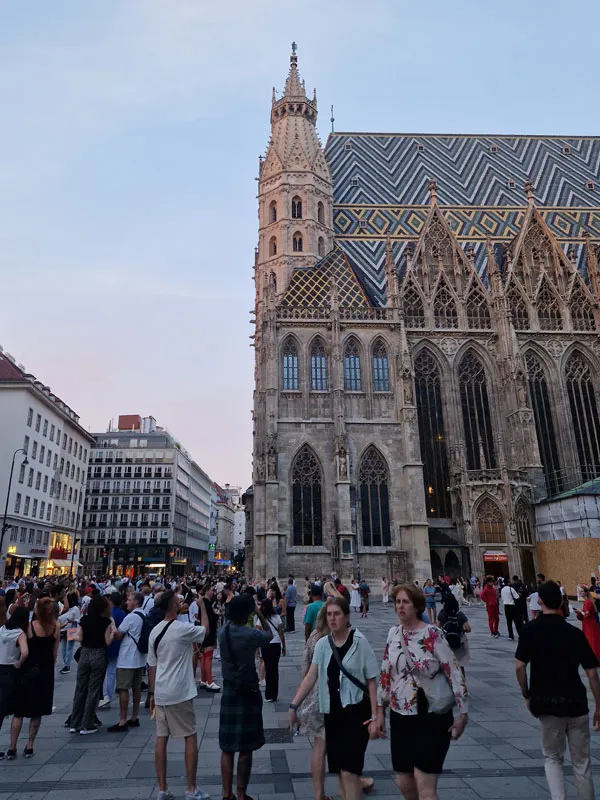
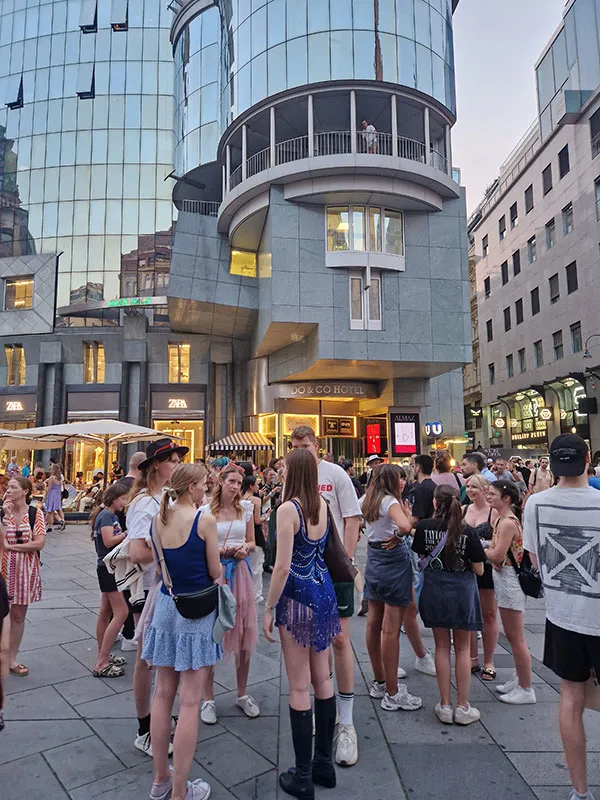
An estimated 200 000 groupies of the Swift religion, aka Swifties, flooded Vienna, a city of 2 million inhabitants. These concert goers required food, housing and entertainment. Many of the mostly young, female fans had invested tremendous effort and money to seize their prized concert ticket, often as early as one year prior to the event. After the cancellation, thousands of concert goers were stranded in the streets of Vienna.
What looked to become a great economic stimulus in the usually slow summer months in Vienna, has turned into an economic disaster for many local businesses. Despite the event organiser’s pledge to refund the ticket price within 10 working days, there is a trail of other enormous costs from accommodation to travel and food.
The vendors outside the stadium where the concert was to take place could not sell Eras merchandise or food, snacks and drinks, which they had stocked for some 200 000 concert goers, have lost their entire considerable investment. One caterer, Stefan Schneider, the owner of Arena Cocktail Catering, was quoted as saying that he had spent EUR 10 000 on hotel rooms for 60 staff members he brought in from Germany for the three-day event, plus another EUR 10 000 in food supplies. The event would have accounted for some 30 percent of his yearly income. Schneider didn’t have insurance for the event.
“I estimate the total damage at around 60 million Euros, as the concerts were estimated at 65 000 visitors each,” said Matthias Glesel, Managing Director of insurer Eventassec, which has insured almost 150 000 events over the past 25 years. Standing tickets for the concerts were sold for a minimum of 100 Euros. “Add to that the loss of catering and merchandise income, among other things, and you quickly end up at this level”.
The organizer will probably not be left with the entire costs, according to Glesel: “After all, the concerts were cancelled due to force majeure, which is a term used in tort law and means that one party, in this case the organizer, has no influence on the cancellation of the event.” The organizer must hence refund only the money that he has collected for the promised service, such as the ticket revenue. “The refund also applies to ticket packages that include accommodation and meals,” Glesel added. Those who did not book through the organizer will likely not receive any reimbursement for their travel and accommodation expenses.
The Swift concert organizer will be facing large additional costs. “The processing costs of the ticket refunds alone are enormous at this scale, which is certainly a six-figure amount as additional administrative expenses that would not normally have been accumulated,” Glesel concluded.
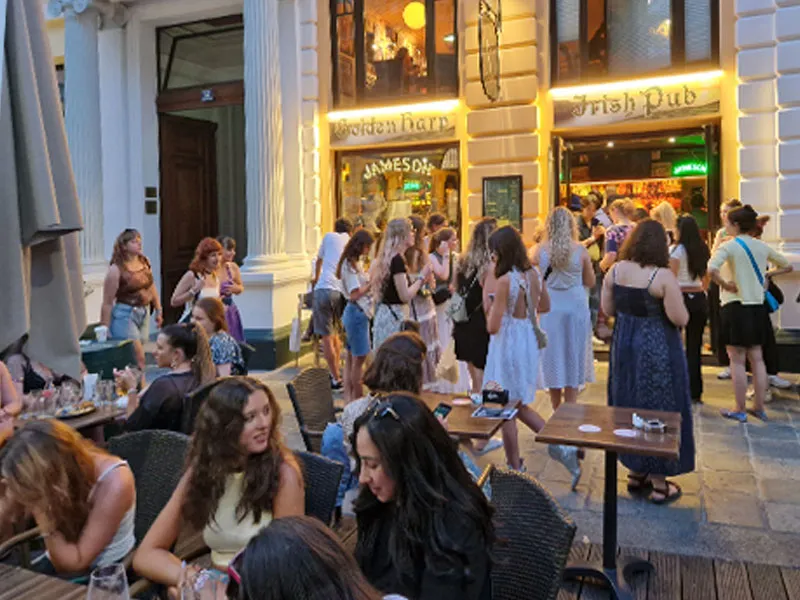
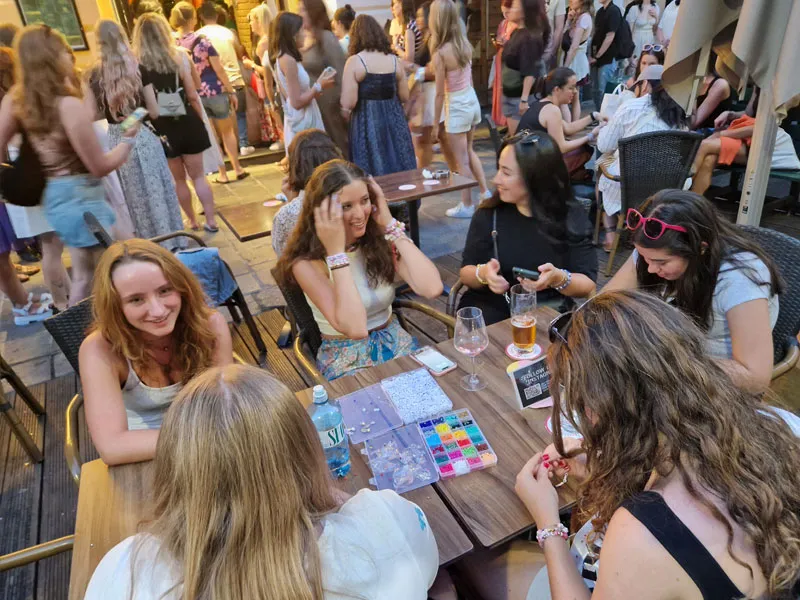
The Austrian Railways (OEBB), as a gesture of goodwill, have compensated the costs of tickets purchased from them directly for travel to and from the Swift concerts that have not yet been used. Several Viennese stores also tried to console Swift fans with offers, on presentation of a ticket, for example, there were free hamburgers at a burger joint, free drinks at other venues or a 20 percent discount on goods at a Viennese vintage store. Swifties were even allowed to visit many of the city’s museums and a local swimming pool for free on the weekend of the concert.
Peter Tschmuck, a music industry researcher, called the cancellations a “worst-case scenario for Vienna”. In the past, Vienna has always been an important hub for international concert acts. “If there are concerns about the risk of terrorism and attack plans, this naturally has an impact on international event organizers,” he said.
According to Tschmuck, good crisis management is now needed from the city and the tourism authorities. “From a marketing perspective, it would be important to draw attention to the fact that Vienna is a safe city.” The somewhat tarnished image should be countered, also by pointing out that the arrests “prevented worse things from happening,” he argued.
“It is never particularly positive for a destination if there is a terrorist threat,” said WIFO economist (The Austrian Institute of Economic Research) Oliver Fritz. However, these are usually only short-term effects, as seen in New York and Paris after the terrorist attacks there, he argued. “Tourism recovered quickly there. People forget incredibly fast,” he added.
Yet despite the cancellations, Swifties made the most of their stay in Vienna and Vienna was and will remain a cultural superpower, even without Taylor Swift coming to town.


